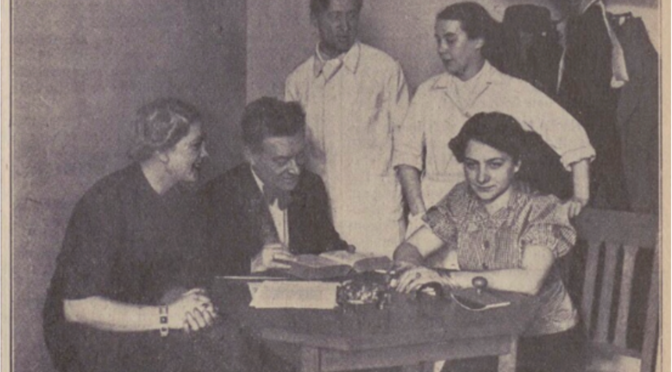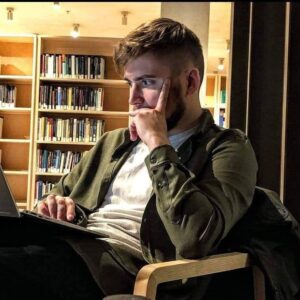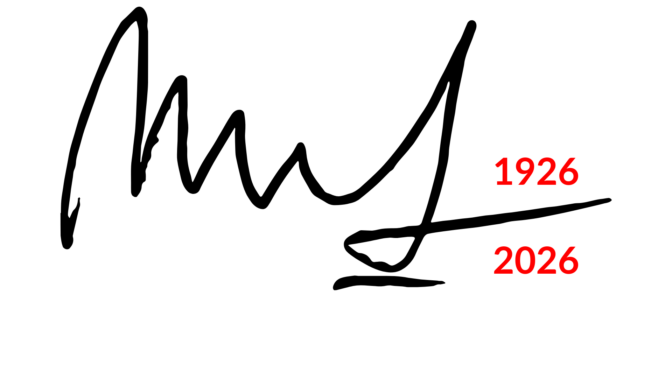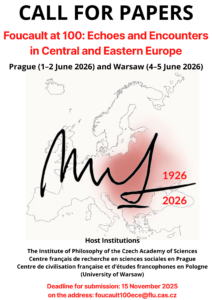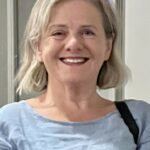“Too loud a freedom: emergence of a Cinematographic New Wave in communist Czechoslovakia (1956-1968)”
CEFRES Research Area 1: Displacements, “Dépaysements” and Discrepancies: People, Knowledge and Practices
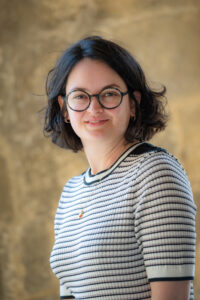
is a PhD candidate in Film Studies at the Cerilac research center (Université Paris Cité), where she is preparing a doctoral dissertation under the supervision of Frédérique Berthet. Her research focuses on the conditions that enabled the emergence of a New Wave within the nationalized film industry of 1960s Czechoslovakia. Often regarded as a derivative of the French New Wave that emerged a few years earlier, the specific material, economic, and aesthetic features of the Czechoslovak New Wave remain largely unknown, as do its influences and the dialogues it fostered with the broader landscape of “New Cinemas” that appeared across the world during the same period.
This doctoral project offers an economic, technical, and aesthetic model of this cinematic movement, with a particular focus on its two main hubs: the Barrandov Studios in Prague and the Koliba Studios in Bratislava. Building upon the work of contemporary Czech film historians, the dissertation seeks to demonstrate that this body of inventive films—often seen as visually and even ideologically breaking with the productions of the previous decade—should not be viewed as anomalies in Czechoslovakia’s film history. On the contrary, they are embedded within a consciously adopted national cultural policy. This research adopts a cultural history approach, combining social and political history, production and reception studies, the history of styles and artistic movements, and elements of New Cinema History. It places strong emphasis on archival sources—both institutional and private—that help shed light on these films from the perspective of their creators. Ultimately, the project questions the historical regime of this artistic movement by rethinking and problematizing its periodization.
Publications
Books
Cinématérialisms: New materialistic approaches of cinema and audiovisual, Editions Mimesis, 2025, (co-edited with Fanny Cardin, C. E. Harris, Charlie Hewison, Anastasia Rostan and Barnabé Sauvage).
Shadows of Forgotten Ancestors: Thinking a cinema of the Armenian Diaspora (1991-2017), Collection Cinéma(s), L’Harmattan, 2022.
Papers
« By writing, (re)becoming the subject of one’s history, A cross-reading of the personal writings of Pavel Juráček and Daňa Horáková, in communist Czechoslovakia », Ecrire l’Histoire, vol. 25, 2025, forthcoming.
« Translating Transgenerational Trauma into Images – A Comparative Perspective on the Works of Chantal Akerman and Gariné Torossian », co-authored with Valentine Auvinet, in Michèle Benhaïm, Nina Faruggia, Vladimir Broda (eds.), Oedipe au cinéma, collection « Psychoanalysis and Social Bond », series, L’Harmattan, 2024.
Conference Papers (selection)
« A speechless cinema: Czechoslovak New Wave and censorship » Doctoral Seminar “Silence !”, Université Paris Cité, April 2025.
Round-table discussion, « Milan Kundera and cinema », with David Čeněk, Mathieu Lericq, Anastasia Mamaeva, Christian Paigneau, Sorbonne university, october 2025.
« From impossible speech to suspicious documents, when the archive invites criticism », Conference « Ten years of Kinétraces association: Archives and cinema », Sorbonne Nouvelle University, november 2023.
« The “Forman Trio”, Individuals and collective work in four Czechoslovak films”, Afeccav Congress, « Collectives, bands and collaborations in cinema and audiovisual », Toulouse Jean Jaurès University, June 2023.
« Comparison of methods » : conference and discussion on research methods with Jeanne Pommeau, Université Paris 8, October 2021.

